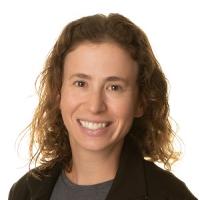Algebra, Algebraic Geometry, And Number Theory
Algebra is the study of algebraic structures, that is, sets with a finite number of operations that satisfy a number of fixed axioms. Historically, algebra developed from the study of solutions of equations defined by polynomials. Algebraic Geometry refers to the area of mathematics devoted to the powerful correspondence between algebraic and geometric problems. Number Theory is the branch of mathematics that studies the algebraic structure of the integers.
At McMaster the research in these areas focus mainly on problems in combinatorial commutative algebra, equivariant algebraic and symplectic/Poisson geometry, and number theory, including (but not limited to) topics such as: Hessenberg varieties, L-functions, minimal free resolutions and syzygies, modular forms, Newton-Okounkov bodies, quiver loci, Schubert calculus, Schubert varieties, toric degenerations, toric varieties, and vertex operator algebras.
For more information about doing research in Number Theory, see the webpage of C. Franc. The research of M. Harada, J. Rajchgot, and A. Van Tuyl is broadly grouped under the umbrella of Combinatorial Algebraic Geometry; for more information on this research group, including information for potential students, visit the CAG website.
This research area runs the Algebra and Algebraic Geometry seminar at McMaster.
Information Box Group

Megumi Harada
Professor and Canada Research Chair

Adam Van Tuyl
Professor and Associate Chair (Undergraduate)



